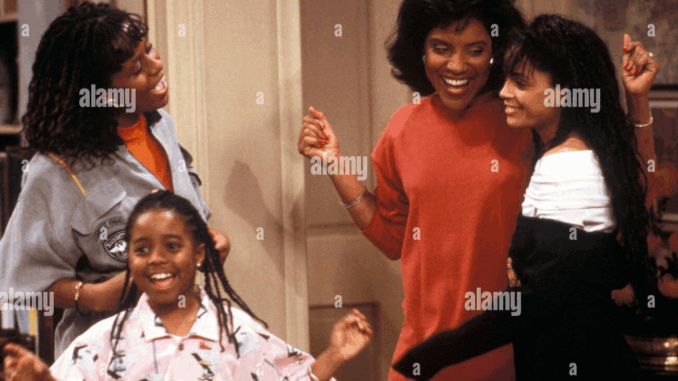
Before edutainment became a buzzword, before shows like Bill Nye the Science Guy or Sesame Street reached classrooms, The Cosby Show was already teaching valuable life lessons—right from America’s living rooms. Through laughter, love, and plenty of parental wisdom, this sitcom did something revolutionary: it made education aspirational, entertaining, and culturally relevant.
Nearly 40 years since its debut, The Cosby Show remains a shining example of how scripted television can be both deeply enjoyable and quietly transformative.
Education as a Way of Life
One of the most striking elements of The Cosby Show was how deeply embedded education was in the everyday fabric of the Huxtable household. Dr. Heathcliff Huxtable was a respected OB-GYN; his wife Clair was a successful attorney. Their children were expected to excel, be accountable, and dream big—values communicated through family dinners, gentle lectures, and humorous but firm consequences.
Instead of feeling preachy, these moments felt real. When Theo struggled in school or Denise dropped out of college, the show explored those experiences with empathy and insight—sparking conversations in homes across America.
Boosting Real-World Impact: The HBCU Effect
The show’s educational influence wasn’t limited to plotlines. Throughout its run, The Cosby Show featured subtle but powerful visual cues—like HBCU (Historically Black Colleges and Universities) paraphernalia. Sweatshirts, posters, and college pennants adorned the Huxtable home.
These weren’t just props. According to enrollment data from the late ’80s and early ’90s, The Cosby Show was credited with helping spark a dramatic rise in applications to HBCUs. It made Black academic achievement feel not just possible, but proudly inevitable.
Learning Through Laughter
The genius of The Cosby Show was how it blended moral and intellectual lessons with natural, character-driven humor. Episodes tackled issues like dyslexia, teenage rebellion, personal responsibility, and respect for elders—while keeping audiences laughing.
This mix of heart and humor allowed viewers to digest complex topics without even realizing they were learning. Today, shows like Abbott Elementary and Grown-ish follow in its footsteps, walking the line between education and entertainment.
A Legacy That Goes Beyond Grades
Perhaps most importantly, The Cosby Show shifted cultural expectations. It gave audiences, particularly Black viewers, the vision of a world where education wasn’t a privilege—it was the norm. It showed that knowledge and success could be passed down as lovingly as bedtime stories.
While Bill Cosby’s personal scandals have complicated the show’s legacy, its impact on the value of education remains one of its most lasting—and least controversial—contributions.
Conclusion: A Sitcom That Taught a Generation
The Cosby Show was never just a sitcom. It was a social classroom, a motivational speech, and an open window into what academic achievement could look like within a thriving, loving family. Its lessons—about striving, stumbling, and starting again—resonate to this day.
At its best, television doesn’t just reflect the world—it helps shape it. And for millions, The Cosby Show was where the learning began.